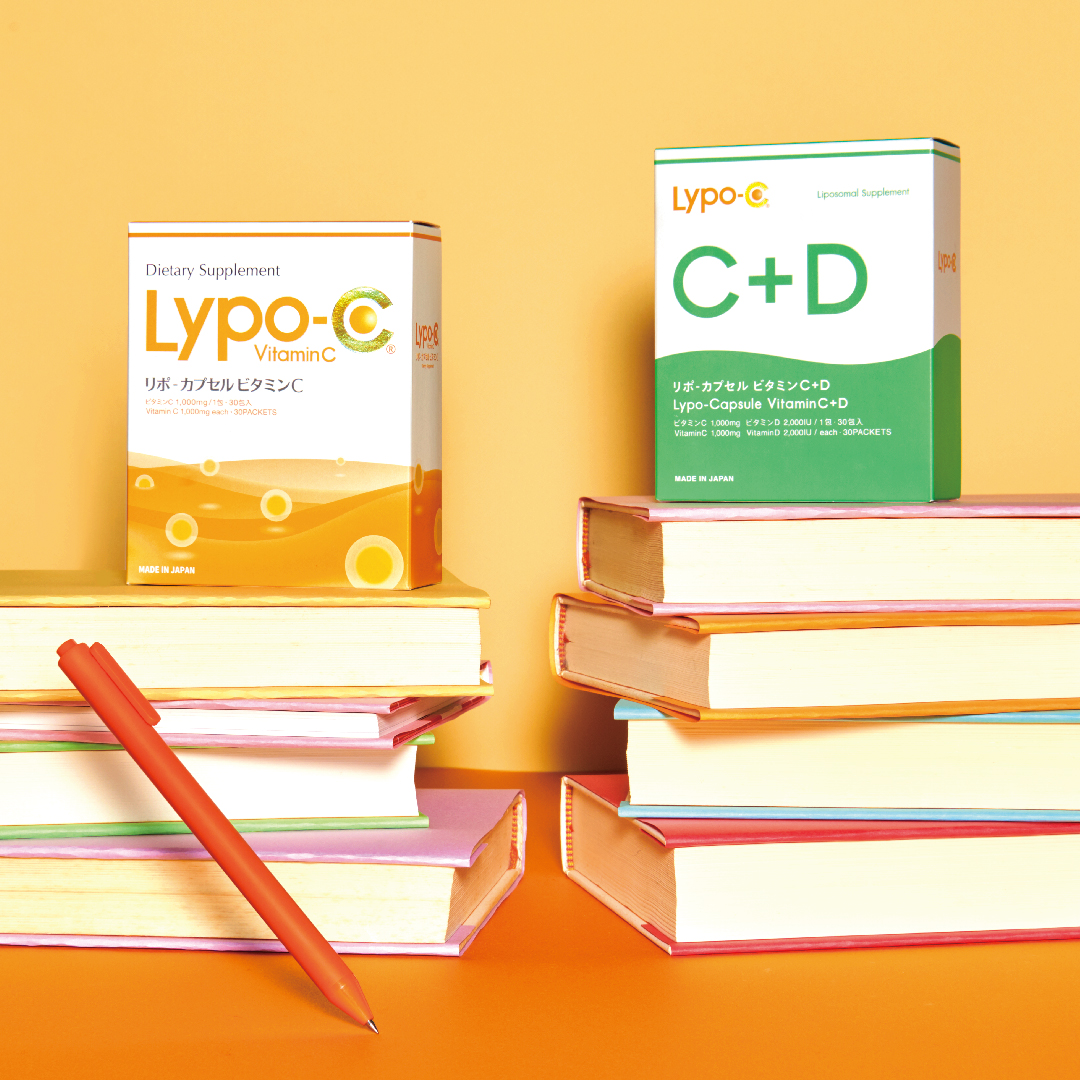
What is the effect and role of lotion? Basic usage and how to choose according to your skin type
SUMMARY
- ・What types of lotions are there?
- ・What effects and roles does lotion have?
- ・How to choose a lotion that suits your skin type
- ・How to apply lotion that you need to know to feel the effect
- ・Points when applying lotion
- ・Use lotion effectively to improve skin condition
Lotion is essential for daily skin care. Since there are many types, many people are likely to choose one or the other. However, if you choose a lotion that suits you, you can not only improve your condition but also prevent skin problems.
In this article, we will explain which lotions are suitable for each skin type. We will also introduce how to use lotion and precautions, so please refer to it.
What types of lotions are there?
There are many different types of "lotion". From here, we will introduce the types of lotions.
●Soft lotion
A softening lotion is a lotion that moisturizes the skin. Generally speaking, when we talk about lotion, we mean this softening lotion.
●Astringent lotion
Astringent lotions are lotions that have the effect of tightening the skin. It is also sometimes called a ``tightening lotion'' or ``toning lotion.'' It contains ingredients such as ethanol and menthol, and is characterized by a refreshing feeling.
In addition to tightening your skin, astringent lotions can also be used to make your pores less noticeable. Recommended for those whose skin tends to get sticky and for the summer season.
●Wipe-off lotion
A wiping lotion is a lotion that is used to remove excess dead skin cells and dirt from the skin surface. Use it as a substitute for washing your face in the morning or when you are concerned about your skin becoming stiff. Taking care of your skin with a wipe-off lotion will remove dullness and give you a clearer look.
Use the wipe-off lotion by applying it to a cotton pad and wiping it off the surface of your skin. Some wipe-off toners come in sheet types that are soaked with toner. Convenient when you're on the go or want to save time on skin care in the morning.
What effects and roles does lotion have?
The main role of lotion is to hydrate the skin. When your skin becomes dry, its barrier function decreases, making it more prone to various skin problems. By moisturizing your skin with lotion, you can keep it healthy.
In addition, some lotions have additional effects such as stain prevention and acne prevention. Choosing a lotion that matches your skin concerns will make it easier to maintain effective skin care.
How to choose a lotion that suits your skin type
It is important to choose a lotion that suits your skin. From here, we will divide your skin type into four categories: dry skin, sensitive skin, oily skin, and combination skin, and explain the types of lotions that are suitable for them.

●Dry skin
Dry skin refers to skin type with low moisture content and sebum content. If your skin feels rough to the touch, powdery, or has fine wrinkles on the surface of your skin, you may have dry skin. When your skin is dry, it may become less transparent and may appear dull. Makeup may not adhere well and fine lines may become more noticeable.
For those with dry skin, we recommend a lotion with a high content of ceramides and hyaluronic acid. Ceramide is a moisturizing factor that exists in the stratum corneum, and hyaluronic acid exists in both the epidermis and dermis. Both can be expected to have the effect of keeping your skin moisturized.
Also, if you have dry skin, it is important to be careful not to reduce your skin's barrier function. Barrier function is the function that protects the skin from external stimuli such as foreign substances, dryness, and friction. When the barrier function deteriorates, water in the skin evaporates more easily, making it more prone to dryness. If you have dry skin, it is important to keep your skin moisturized and prevent it from drying out.
●Sensitive skin
Sensitive skin refers to skin with impaired barrier function. It can make you more sensitive to external stimuli and cause redness and itching. If your skin becomes dry, you may become sensitive, so be careful.
If you have sensitive skin, it is best to choose a mild lotion. One standard is products that are labeled as "patch tested" or "allergy tested." Also, if you have sensitive skin, it is important to check if the trial set suits your skin. It's a good idea to try using the cosmetics for a few days and see if any skin problems arise.
●Oily skin
Oily skin refers to skin that secretes too much sebum. It is characterized by the fact that it tends to make the skin shiny and sticky. In addition, many people tend to have more conspicuous pores and acne due to excessive sebum secretion.
There are various causes of oily skin, but it is thought that the influence of your constitution and lifestyle is particularly large. The effects of testosterone and androgens, which affect sebum secretion, may make your skin more prone to oily skin. You should also be careful as stress, lack of sleep, and a diet high in oil can lead to excessive sebum secretion.
If you have oily skin, we recommend a lotion with a light texture.
Additionally, if you suffer from acne, we recommend using a quasi-drug lotion that can prevent acne. The active ingredients ``salicylic acid'' and ``allantoin'' are expected to have the effect of preventing skin irritation.
●Combination skin
Combination skin refers to skin type with low moisture content and high sebum content. The thin skin around the mouth and eyes is dry, and the nose and forehead tend to get shiny.
The cause of combination skin is said to be a lack of moisture within the skin. When the water-holding capacity of the stratum corneum decreases due to external stimuli or irregular lifestyle habits, the skin becomes dry. In order to prevent your skin from losing any more moisture, it secretes too much sebum.
If you have combination skin, just like dry skin, choose a moisturizing lotion. However, if you are concerned about stickiness, we recommend using a lotion with a refreshing texture only on areas that tend to get shiny. For people with combination skin, the amount of sebum varies greatly depending on the area, so it is important to use different skin care products depending on the area.
How to apply lotion that you need to know to feel the effect
Lotion is basically used on clean skin after washing the face. To prevent moisture from evaporating, apply it within 5 minutes after washing your face. From here, I will introduce how to use lotion.
●When applying lotion by hand
The advantage of applying lotion by hand is that it reduces friction compared to using cotton. Also, because the amount used at one time is small, Cost performance Another feature is that it is good.
1. Apply an appropriate amount of lotion on clean hands
The recommended amount to use for lotion is a 500 yen coin. Dispense lotion into clean hands and apply it all over your skin.
2. Apply lotion all over your face with your palms.
Apply it gently by wrapping it in your palm. If the lotion is about to spill from your hands, it's a good idea to apply the lotion in two or three times.
3. Apply lotion to small areas such as the eyes and mouth with your hands.
Apply lotion to small areas as well. Don't forget to apply it around your eyes and mouth, as they tend to get dry and wrinkles easily.
4. Apply lotion to the entire face using a hand press.
Finally, use a hand press to blend it all over your face. Don't press or pat your skin, apply it in a sweeping motion.
●When using cotton
The advantage of using cotton is that you can apply lotion evenly. The feature is that you can apply the lotion to the nostrils and eyes, making it easy to apply to the entire face. Also, by wiping your face with cotton, you can remove excess dirt and reduce the appearance of stiff skin.
1. Apply an appropriate amount of lotion on a cotton pad
Dip an appropriate amount of lotion into a cotton pad. If you use too little lotion, it will cause more friction, so use a little more. The aim is to soak the entire cotton.
2. Gently apply cotton to your skin
Pinch the cotton between your fingers and gently apply the lotion. Gently spread it by sliding it from the inside to the outside.
Points to remember when applying lotion
There are several points to keep in mind to make your lotion more effective. Here we will introduce some points to keep in mind when applying lotion.
-Do not rub too hard, blend gently
Avoid rubbing your skin when applying lotion, washing your face, or wiping your face with a towel. When you rub your skin, the barrier function tends to deteriorate. As a result, your skin will become more prone to dryness, so be careful.
In addition, when friction damage accumulates, stains and dullness may appear. When turnover is disrupted, the excretion of melanin (black pigment) is delayed, making spots and dullness more noticeable.
●After applying lotion, use milky lotion or cream.
If you leave your skin on after applying lotion, the moisture will evaporate and cause dryness. After applying lotion, cover your face with an oil-containing item such as emulsion or cream. By preventing moisture evaporation, your skin will be less likely to dry out.
●Change lotion depending on skin condition
Skin condition changes depending on temperature, physical condition, humidity, etc. It is said that skin tends to become irritated especially during the change of seasons. If you feel that the lotion you've been using doesn't suit you anymore, it may be time to review your products.
We recommend changing the items you use depending on your condition, such as switching to a highly moisturizing lotion if you feel your skin becomes dry, or switching to a sensitive skin lotion if your skin tends to get rough.
Use lotion effectively to improve your skin condition
In this article, we introduced the effects of lotion and recommended ways to use it. Using a lotion that suits you will help keep your skin in good condition. Please refer to this article and choose the lotion that suits you.
Article supervision

Director of Mizutani Dermatology Clinic
Professor Haruko Mizutani
Mizutani Dermatology Clinic
Graduated from Tokyo Medical University. After working in the dermatology department of Tokyo Medical University Hospital and the Tokyo Cosmetic Dermatology Clinic, he opened Mizutani Dermatology Clinic in 2012.








